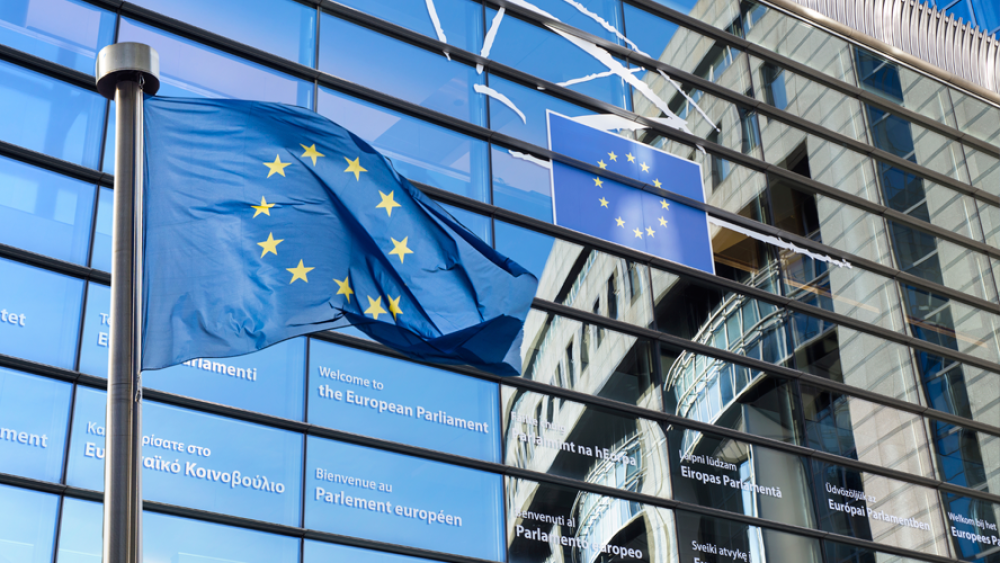ePrivacy lobbying and the threat to B2B marketing and telemarketing
23 Aug 2017

State of play:
The ePrivacy Regulation draft text, proposed by the European Commission, has now received an extensive list of potential amendments by the European Parliament. The Parliament has yet to debate these amendments but will do so at the beginning of September when MEPs return from summer holidays.
The Council of Ministers will also issue amendments, and recently proposed including data retention limits in the Regulation. This would force companies to hold data only for a certain length of time. The proposal would be unpopular in the Parliament.
New Regulation is due to be approved by the 25 May 2018 with a 6-month grace period to follow. Given that this is a contentious piece of legislation it may encounter significant delays, however. Data retention limits are just one point of disagreement between the Council and Parliament. The Regulation is likely to be approved six to 12 months after May 2018, which means between October 2018 - April 2019 assuming the current timetables stand.
B2B Marketing:
Article 16.1 of the Regulation states:
“Natural or legal persons may use electronic communications services for the purposes of sending direct marketing communications to end-users who are natural persons that have given their consent.”
The Article 29 Working Party, the group that represents the EU’s various data protection authorities, has clarified that they believe this means that direct marketing sent to ‘natural persons working for legal persons’ requires prior consent. For example, emailing Joe.Bloggs@dma.org.uk would require consent. However, consent would not be required when contacting generic email address such info@dma.org.uk. The European Data Protection Supervisor has also echoed this opinion.
MEP Lunch:
DMA Group CEO, Chris Combemale attended a lunch in Brussels to speak to Estonian MEP Marju Lauristan, MEP, who is the rapporteur for the Parliament’s LIBE (Civil Liberties, Justice and Home Affairs) Committee, which holds the responsibility for the ePrivacy Regulation brief. Lauristan is a member of Socialists and Democrats (S&D), the second largest party in the Parliament. She has approaches data protection from an academic and consumer protection perspective.
Discussion focussed on the threat to B2B marketing from the Regulation. Marju reassured Chris that it was not the Parliament’s intention to place an unnecessary burden on businesses. However, what she said at this event is not matched by the LIBE report (see below).
LIBE report and B2B:
According to the LIBE Committee report in article 16.1:
“The use by natural or legal persons of electronic communications services, including voice-to-voice calls, automated calling and communications systems, including semi-automated systems that connect the call person to an individual, faxes, e-mail or other use of electronic communications services for the purposes of presenting unsolicited or direct marketing communications to end-users, shall be allowed only in respect of end-users who have given their prior consent”
Here the main problem is that Lauristin introduces a new definition of end user: “end-user means a legal entity or a natural person using or requesting a publicly available electronic communication services”, which could suggest that article 16.1 can apply both to B2C and B2B communication. Therefore the Parliament’s report is problematic for B2B marketing.
The DMA will be lobbying key European Members of Parliament jointly with FEDMA on these issues, to keep the distinctions between B2B and B2C marketing clear.
Telemarketing:
Article 16.5 leaves it up to member states to decide whether telemarketing requires opt-in consent. For example, the UK could introduce its own legislation stating that telemarketing could be carried out under legitimate interest and without prior consent. This would maintain the status quo, subject to other General Data Protection Regulation (GDPR) requirements.
The British Government has not yet indicated whether it will make telemarketing opt-in or opt-out but the DMA has met with DCMS civil servants to make the case for maintaining the UK’s opt-out and role for the Telephone Preference Service. The DMA explained that making telemarketing opt-in would have no effect on rogue organisations making nuisance calls.
FEDMA and the DMA are lobbying at a European level on this issue. Many other European countries are keen to protect their own opt-out rules.
Texts:
Commission text: https://ec.europa.eu/digital-single-market/en/news/proposal-regulation-privacy-and-electronic-communications
Parliament amendments: http://www.europarl.europa.eu/sides/getDoc.do?type=COMPARL&reference=PE-606.011&format=PDF&language=EN&secondRef=01
Please login to comment.
Comments